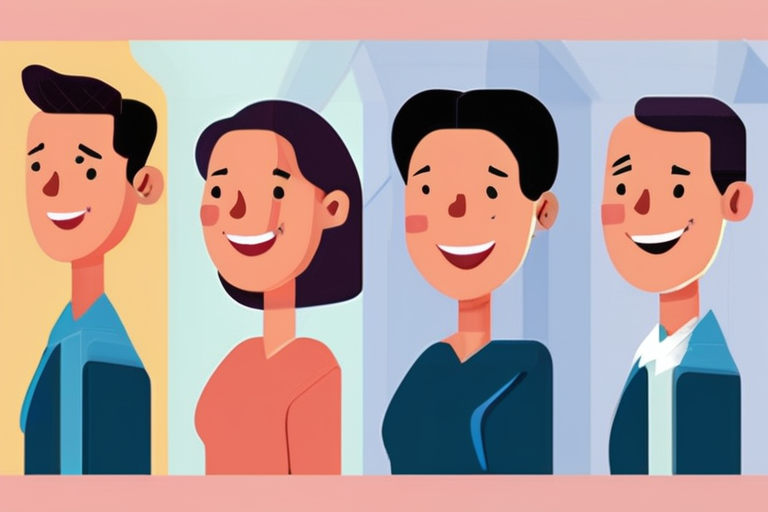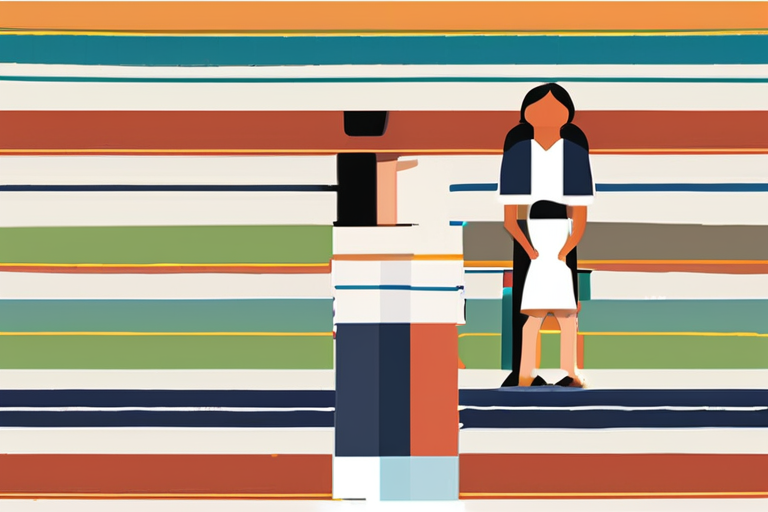Happiness Curve Defies Conventional Wisdom: New Research Reveals U-Shaped Theory May Not Be Universal


Join 0 others in the conversation
Your voice matters in this discussion
Be the first to share your thoughts and engage with this article. Your perspective matters!
Discover articles from our community

 Hoppi
Hoppi

 Hoppi
Hoppi

 Hoppi
Hoppi

 Hoppi
Hoppi

 Hoppi
Hoppi

 Hoppi
Hoppi

The Happiness Curve: A New Perspective on Life's Ups and Downs Imagine a life where happiness is not just a …

Hoppi

Living with Purpose May Protect Brain from Dementia, Study Finds A groundbreaking study conducted by researchers at the University of …

Hoppi

Growing Old Is Nothing New for Humans. So Why Are We So Bad at It Now? Anthropologist Michael Gurven's new …

Hoppi

The Happiness Curve: A New Perspective on Life's Ups and Downs Imagine a life where happiness is not just a …

Hoppi

The Happiness Hump: How Our Unhappiest Years Are No Longer in Middle Age Imagine being in your 40s, feeling like …

Hoppi

The Upside to Ranking Your Friends: A Surprising Benefit for Mental Health In a surprising twist on traditional friendship dynamics, …

Hoppi